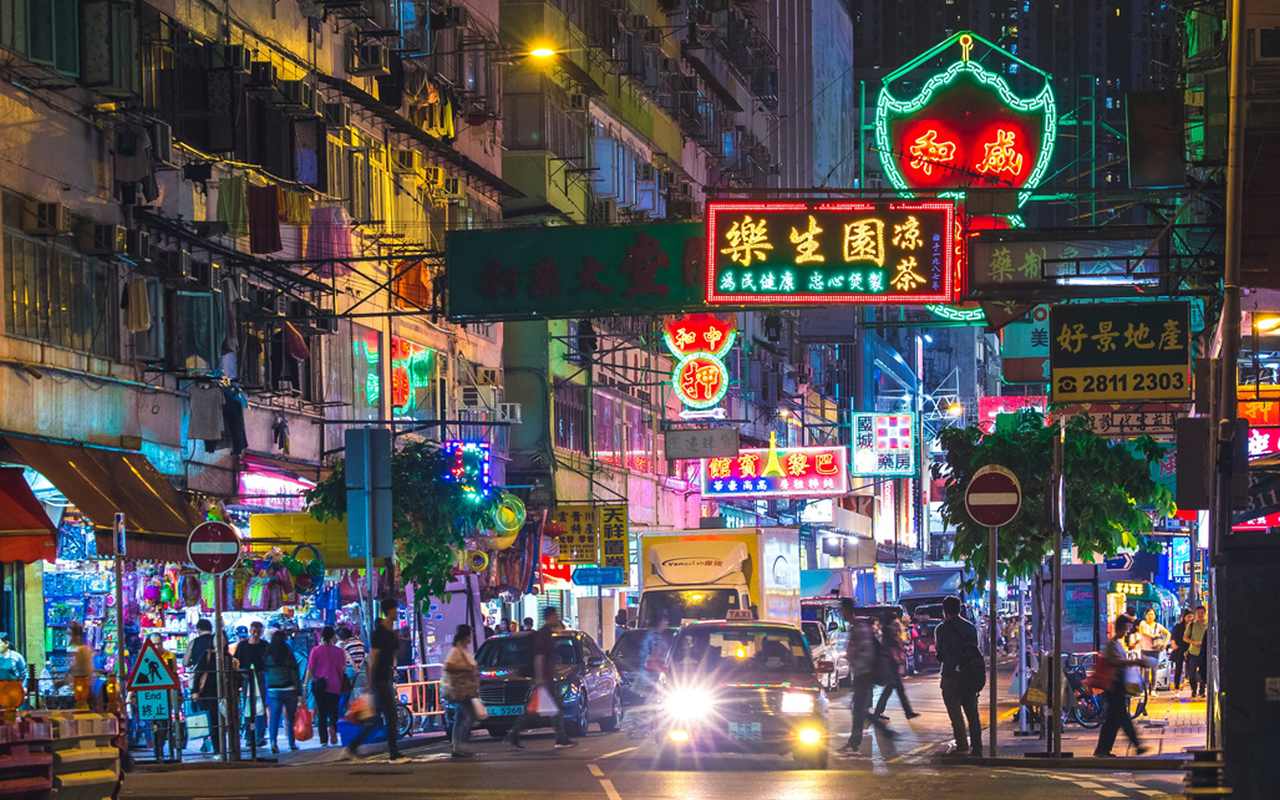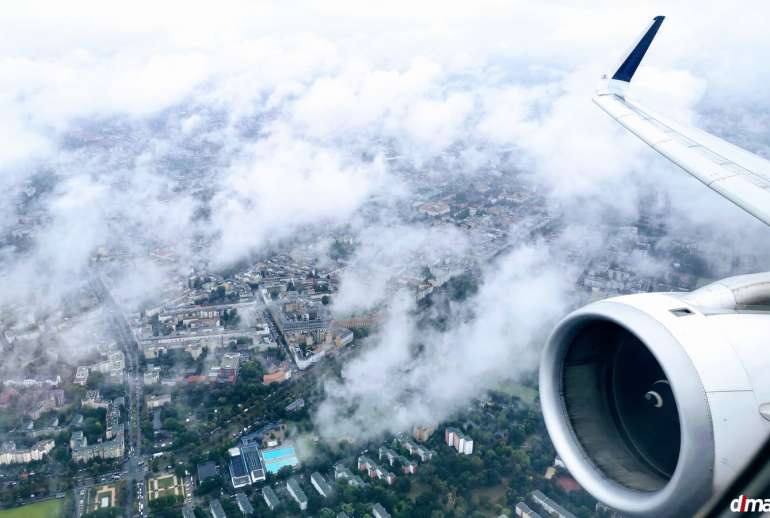Southeast Asia has long been a favorite corner of the world for globe-tramping backpackers, largely because of its stunning beaches, historic temples, tasty cuisine, low prices, and good flight connectivity.
While Southeast Asia is amazing for explorers, there are many factors to be considered to stay healthy and safe in a region unfamiliar to you. You should know about the visa requirements, best times to visit, currency exchange rate and other notable aspects of the country you intend to visit in the region. Here are a few tips and follow when considering a visit to Southeast Asia, especially for the first time.
Picking the country wisely
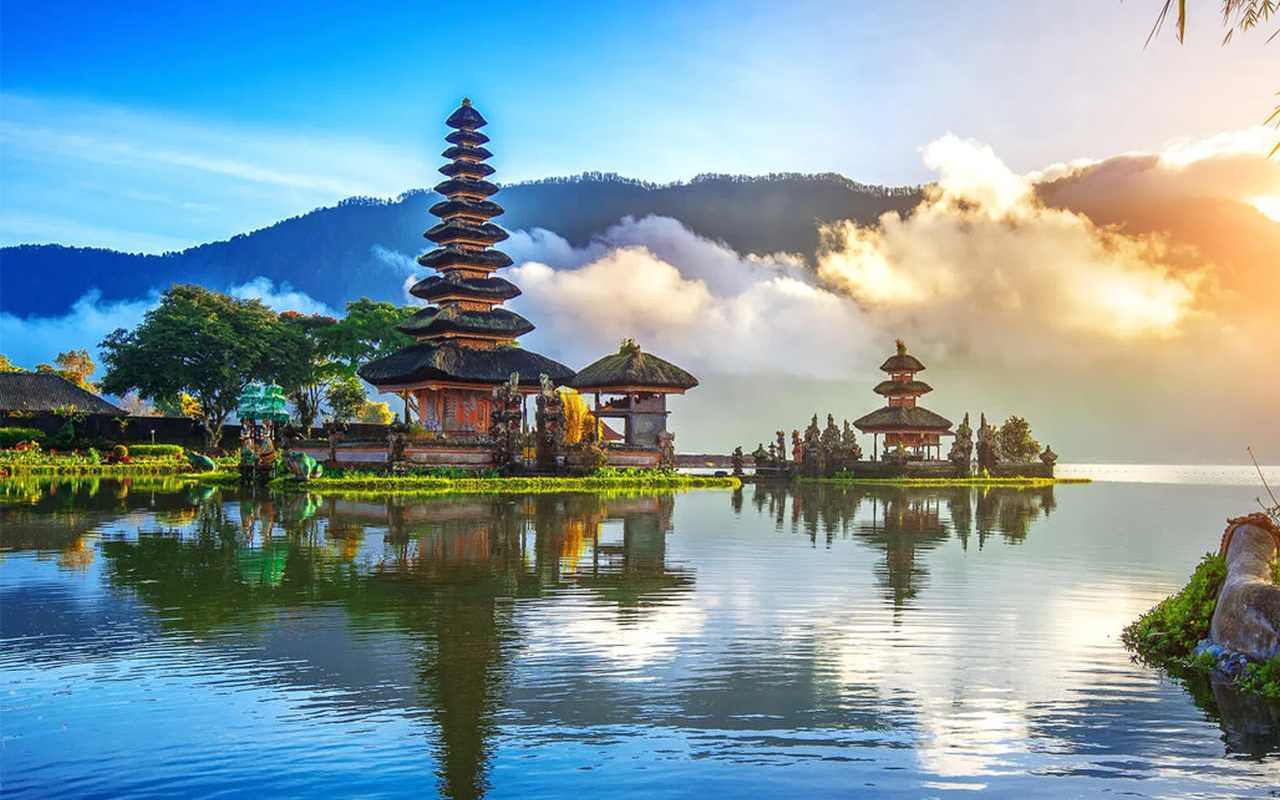
It is so tempting to cover many countries and cities on a single trip to this region. However, you must pick a country or just a few cities to explore thoroughly on your first visit. It will allow you to enjoy the vacation without you exhausting yourself with travel itinerary that only have you hopping around in the enormous territory.
For instance, Bali, Indonesia and Hanoi in Vietnam, are both in Southeast Asia, but they are a long way from each other. You must choose countries or cities that are relatively close to each other or are easily accessible, before committing to flights and accommodation.
When deciding a country to visit in Southeast Asia, you should take into the account what you want to actually do. Whether you want to explore cities, relax on beaches, discover culture, cuisine and history – you should have an idea.
The best nation to visit for first-time travelers could be Thailand. First-time visitors to the region can also enjoy Bali, Indonesia. Both of the places are used to an influx of tourists and have plenty of conveniences. They’re both relatively easy to reach and have friendly locals that are fluent in English.
Choose the right season to travel

After finalizing the destination it is important to know a good time to travel to the country/cities. You need to factor in the weather of the destination during your visit. Most Southeast Asian countries have two primary seasons – wet and dry.
If you are going to visit larger cities, the rainy season may not be so bad, although it may be best to steer clear of smaller towns or villages during the wet season where lack of infrastructure may complicate your stay. Air quality and heat are also to be taken into consideration before you choose a country for your first visit.
Visa requirements and currency exchange
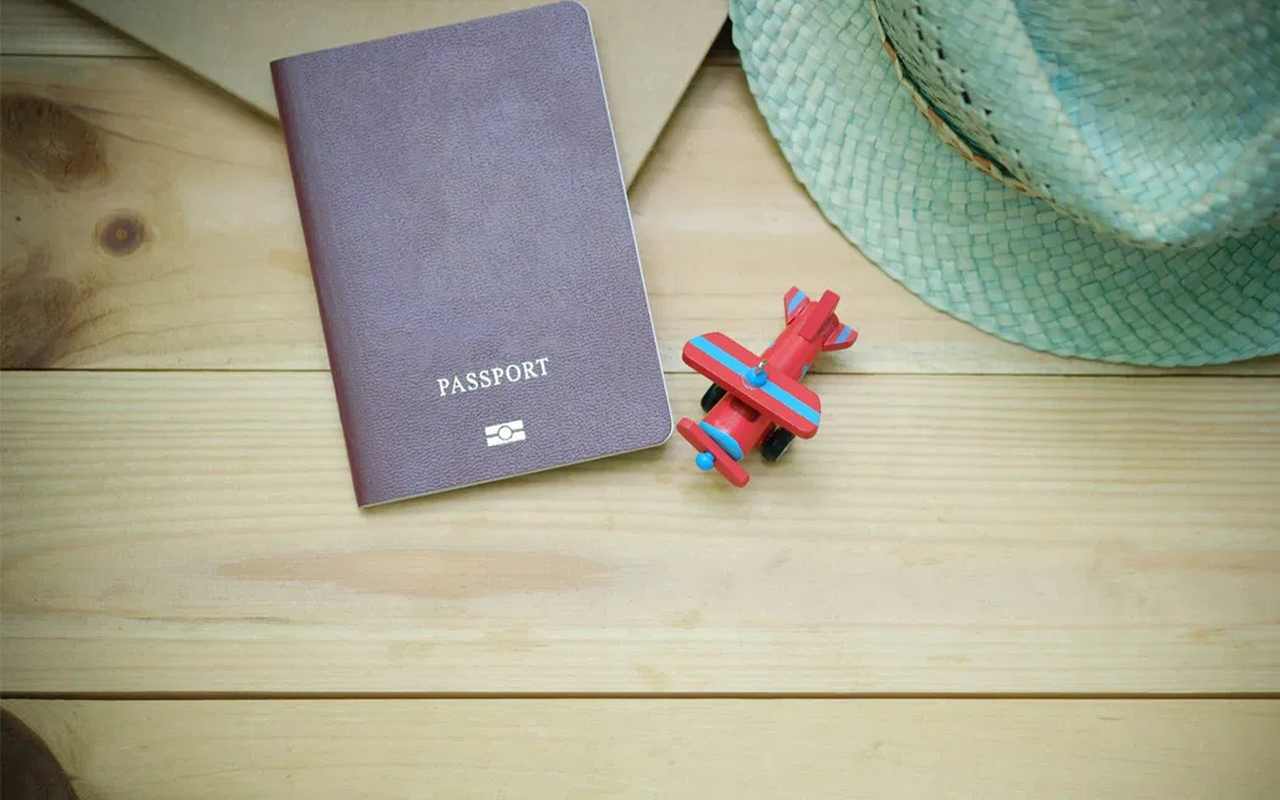
Many countries in Southeast Asia need your passport to have at least six months’ worth of validity left and visa requirements seem to be continuously shifting. You must check visa requirements ahead of time and apply online if possible.
If you do end up needing a visa upon arrival at your chosen locations, you should be prepared with the proper currency and passport-size photos. Many airport visa offices have ATMs/exchange services and photo booths, but if you arrive prepared, you can save yourself some time.
Further, airports and banks often charge unnecessary fees to exchange money, but you will get a decent exchange rate if you wait to change money once you are in Southeast Asia.
However, Southeast Asian hotels usually offer awful exchange rates, so you should stick to banks or other spots that have money exchange services. Make sure to change plenty of cash, as street market vendors, taxi drivers, and smaller restaurants may not accept credit/debit cards. Hotels and restaurants will accept credit/debit cards though. You should use a card if it wouldn’t amount to foreign transaction fees.
Pack light and right
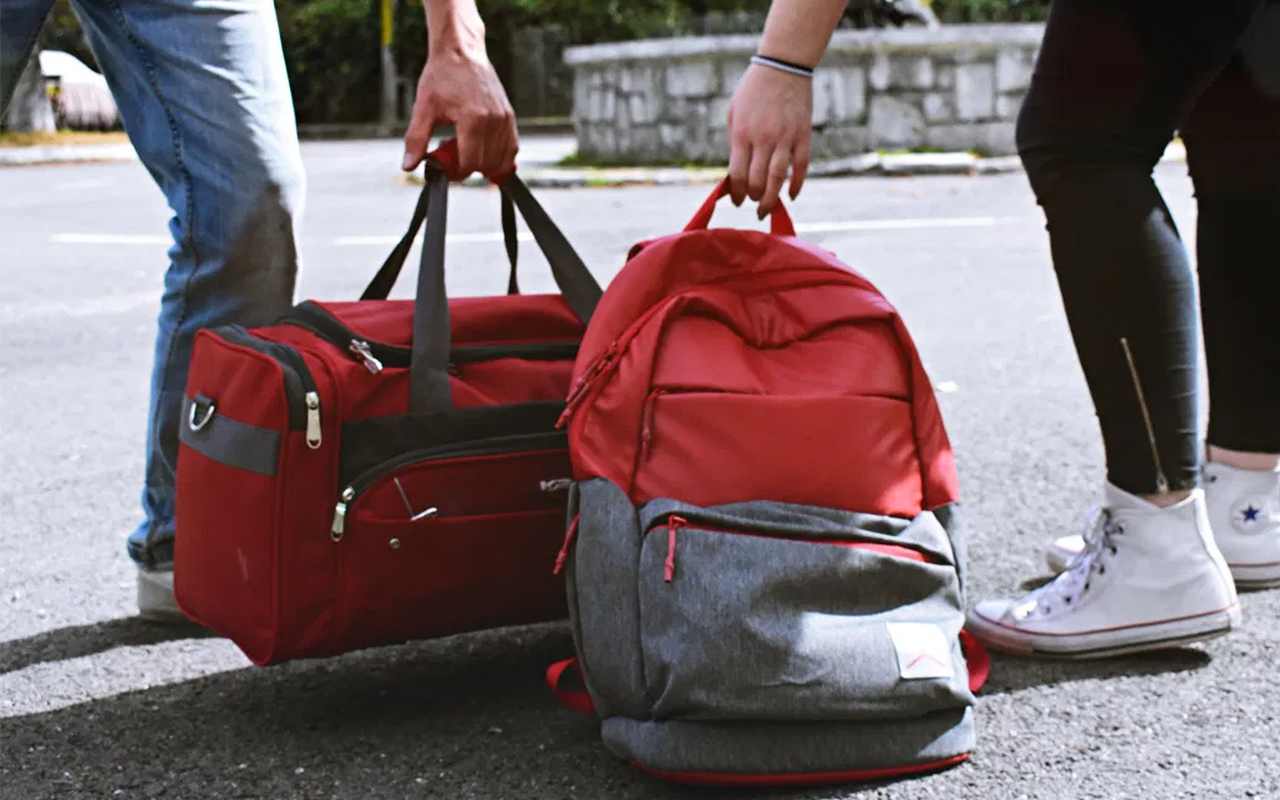
While travelling, you should always pack as light as possible and do laundry wherever you go rather than dragging a huge backpack or a heavy trolley bag. Besides clothes, you must pack all essential items such as proper footwear and a medical care kit.
In most Southeast Asian countries, you can get your clothes washed, dried and ironed in under 24 hours for a couple of dollars, and at street markets, you can shop inexpensively for any extra clothes and toiletries you may require on your journey.
You should bargain with local street vendors or at markets as it is a cultural norm to do so. The basic motive of bargaining is to engage with locals and agree on a fair price, not to cheat them or get tricked yourself.
Precautions for your health

Before you travel to a different country, it is always advisable check their vaccine requirements and recommendations. You can often get your vaccination at affordable prices at local health centers.
When traveling to any Southeast Asian country, getting tetanus shots and typhoid vaccines are usually a good idea. In addition to any necessary vaccines, look for a strong mosquito repellent, as this can help protect you from dengue fever and malaria.
Be a responsible tourist

While visiting a strange land, you should be responsible toward the culture and people of that specific region. It is best to avoid orphanage tourism, hill tribe visits or any activity that exploits children, ethnic groups or animals.
Beware of begging children, while they may appeal to your heart, the more money they earn from tourists, the more their parents see them as a source of monetary gain and less inclined they are to send them to school, potentially ruining their chance at a better future.
When diving/snorkeling or out in nature, make sure to adhere to the no trace policy, not littering or taking anything from delicate natural environments.

